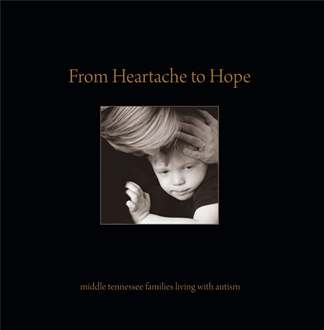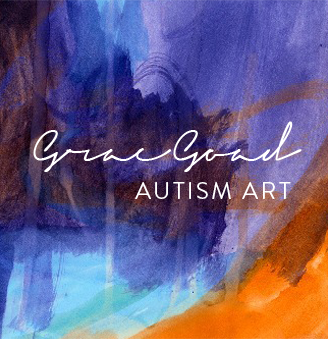Day One. Day Two. Day…and so on. My Facebook feeds are peppered with friends "practicing gratitude," as they were last year. I'm intrigued by this public, intentional "practice" of gratitude during the launch of the winter season.
When Grace was very young, and before the word "autism" became a known reality in our lives, her father would care for her in the evenings after dinner and I'd retreat up into our bonus room with a good book and a journal. Two books that were seminal in my life, in many ways, during that time and that helped prepare a foundation of my life with autism were Dr. Christiane Northrup MD's classic Women's Bodies, Women's Wisdom: Creating Physical and Emotional Health and Healing and Sarah Ban Breathnach's Simple Abundance: A Daybook of Comfort and Joy. Both emphasized the importance of creating a daily gratitude routine. There were different ways suggested to incorporate gratitude and they morphed as my life changed throughout the years: writing five things down in my journal each night or each morning, or saying five things before I went to sleep or meditated or giving thanks throughout the day.
As the leaves are falling, the air crisping, during this time of year, I find myself giving thanks in the here and now more immediately and especially as I awaken. So, why is it that we dub November as the time to give thanks? And December, too? It's more than the fact of the pilgrims dined on supposed turkey with the Native Americans and that we exchange gifts in the aroma of a fur tree a month later. Despite a daily routine of giving thanks, I feel it more at the dawn of winter, too.
Two weeks ago, I looked out my bedroom window. The small Dogwood in my patio greeted my eyes with a wardrobe of red. I love that this species is the first, in my experience, to announce that Earth is dying for winter. A glance through the window today, I saw there are less leaves and beneath the dangle of the skinny tree's large, red earrings, her tender branches shown.
Tender. There's something tender and fragile about this season. For me, as we walk in the darkening days, it can't be ignored that we are a part of Mother. That just as the squirrels and other animals are scurrying and preparing for a long, cold winter (as this one is predicted to be,) we must find our own provisions to buckle in: coats, insulation, warm food–if we are so fortunate to have them. And that is part of the key, for me: to be a grateful steward of what I/we have been given.
My body reminds me that it is more fragile now, too, and I must take precautions against the threat of cold, better food, more vitamins and nutrients in my diet. So, when I awaken each morning, I'm reminded not to take for granted the light that is shortening. The heat that I could be without. The water that is necessary to live and entire villages have hideously inadequate supply. The fresh fruit I have for breakfast, that was such a delicacy during The Great Depression, when my mother was young, that pieces were given as gifts in Christmas stockings.
In his new book, Radical Spirituality for the 21st Century, by author Rev. Dr. David Kenneth Wheaton, Ph.D., pages 62-64, gratitude is defined as giving thanks outside of ourselves, something in the external world. Gratefulness, instead, is a constant internal state regardless of the quality of events, even adversity.
What do you think?




